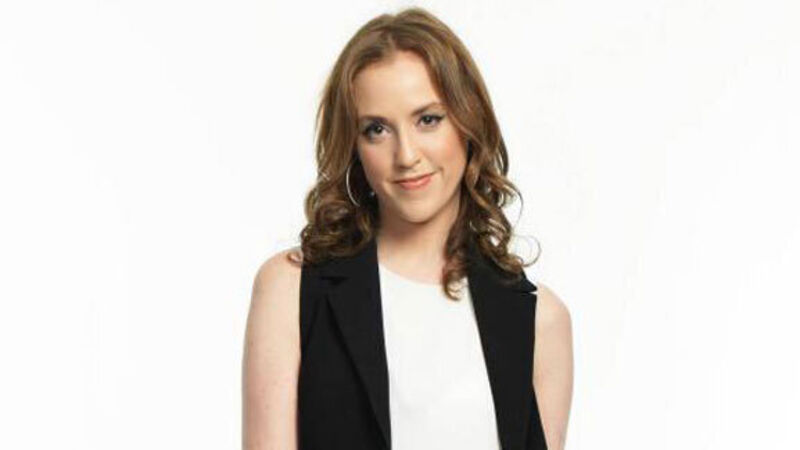Many women face daily pressure to conform...but nowhere does this seem so intense as it does in motherhood

I HAVE read that a girl’s relationship with her father will predict her love life, and that with her mother will determine her relationship with herself.
It seems simplistic and heteronormative; the work of a pop psychologist flogging their new book on a morning chat show, minimising a complex bond to a sound bite. “Women become their mothers,” Oscar Wilde wrote.














